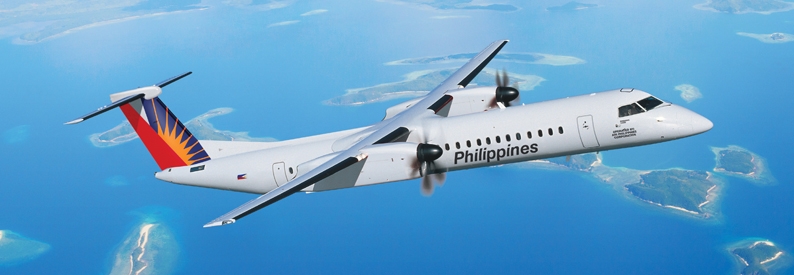Philippines to allow full foreign ownership of airlines

A new bill in the Philippines intends to facilitate full foreign control of any of the country’s airlines along with other key industries. The bill, which passed in the Senate on the third and final reading, 19 votes to three, should pave the way to luring more foreign direct investment to the country.
If the amendment to the Public Service Act becomes law, foreigners will be able to fully own airlines as well as telecommunications, shipping, railway, irrigation and other key companies, removing a 40% foreign ownership cap that has been enshrined in law since 1935, the upper house explained in a statement on December 15.
Such firms have fallen behind their competitors in other southeast Asian countries due to this ownership limit and bureaucratic red tape. However, limits remain on public utilities and airport and seaport operations.
According to Senator Grace Poe, head of the Senate Committee on Public Services and sponsor of the bill, the measure primarily intends to provide Filipino consumers with “more and better choices” and liberalising public services will “truly benefit” future generations.
Senate Bill 2094, she said, provides a clearer definition of the terms ‘public services’ and ‘public utilities’, as in the 1987 Constitution only companies that are at least 60% owned by Filipinos can be given the franchise, certificate, and authorisation to operate as a public utility. Firms not classified as a utility are not bound by restrictions on foreign ownership.
Poe assured that the measure contains safeguards to protect national security, which include prohibiting foreign state-owned enterprises from owning capital in any public service classified as critical infrastructure, and reviews of foreign investments by the National Security Council. Moreover, the bill proposes raising the penalties for those who commit prohibited acts or neglect in relation to their companies, including the possibility of imprisonment of between six and 12 years.
“We need to be forward-looking and not be hampered by some of our mistrust and fears,” Poe told her colleagues before the bill’s second reading approval on December 14.
The Philippines needs to liberalise the economy if it is to secure the same levels of foreign capital seen in some of its neighbours and recover from the coronavirus pandemic, the Senate’s statement underlined. However, as the House of Representatives, the lower house, passed a similar bill in March 2020, the two houses must now reconcile the two versions before seeking the final approval of President Rodrigo Duterte.
Two days later, on December 17, Senator Poe lauded the approval of the renewal of the legislative franchise of Air Philippines Corporation, a move which she said raises optimism for the rebound of transport and tourism amid the pandemic.
She made the remark after the Senate passed Bill 10442, which renews for another 25 years the franchise granted to the corporation, which does business under the brands PAL Express and airphilexpress. Under PAL Holdings, the company has 770 employees and supports another 1,600 jobs in related industries, mainly servicing secondary gateways such as Clark and Kalibo, and Poe said that renewing the franchise will allow the carrier to “rehire the people it has lost and create more jobs.”
